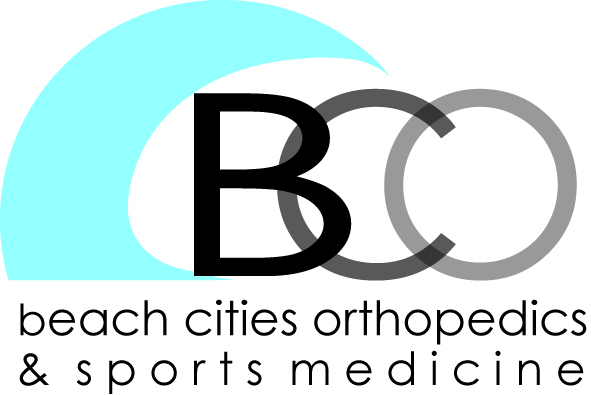Acupuncture is the gentle insertion of very fine needles at specific points on the body. This process stimulates energy within the body, allowing natural healing to take place. It is part of the 3000 year old holistic system of healing known as Traditional Asian Medicine. Acupuncture can be used to treat existing illnesses and injuries, prevent both the recurrence of illnesses and new illness, and for improving overall health. It is a safe, effective and drug-free therapy that can address a wide variety of health problems.
How does acupuncture work?
The classical Chinese explanation is that energy (Qi) flows in channels throughout the body. These channels are like rivers of energy referred to as meridians. The meridians are a basic energy map of the body. Each major organ in the body is associated with its own meridian and all parts of the body are all connected through theses meridians. It is believed that health is a manifestation of balance. When the body is balanced, Qi flows smoothly through the meridians to nourish the organs and tissues. If an obstruction occurs, the Qi cannot flow properly, which leads to a state of disease and often illness occurs. Physical and emotional trauma, stress, lack of exercise, overexertion, seasonal changes, poor diet and accidents are among the many things that can influence the quality, quantity and balance of Qi.
Acupuncture Points
Acupuncture points are the specific points on the meridians where the Qi is both concentrated and accessible. Acupuncture engages the Qi by inserting needles at these specific points, the goal being to restore the proper flow of Qi. As the body regains its natural balance, well-being returns.
Acupuncture and Modern Science
In Western science, a stimulus is defined as a detectable change in the body. With modern technology scientists can now actually begin to "see" the body's response to acupuncture. For example, using an MRI, corresponding changes occur in the brain upon insertion of the needles at specific points. Acupuncture points are now believed to stimulate the central nervous system (the brain and spinal cord) often releasing endorphins and other hormones that influence the self-regulating system of the body.
What should I expect at my appointment?
The acupuncturist will make a Chinese medical diagnosis based upon a full health history, thorough examination and consultation. Questions will be asked regarding health, symptoms, and lifestyle. Gathering this information enables the acupuncturist to effectively diagnose and detect any specific imbalances of Qi that may have contributed to one’s health problems. A well-structured treatment plan that will work for you will then be created. The initial appointment may last from 45-90 minutes. When receiving a treatment, you may experience a vague numbness, heaviness, tingling or dull ache where the needle has been inserted. It is an individual experience, but know that the sensation is a sign of movement and that the treatment is working. After the treatment you may feel energized or even a deep sense of relaxation.
What about herbal therapy?
The 4 years of extensive and comprehensive graduate training received as an acupuncturist include an in-depth study of acupuncture and herbs, among other things. Herbs can be a powerful adjunct to acupuncture. They are used to strengthen, build, and support the body or to clear it of excess conditions like colds, fever or acute pain for example. It makes sense, in many cases, to help build a person’s internal strength so they can receive the full benefits that acupuncture has to offer.
What other type of therapies can be expected during my treatment?
The acupuncturist may feel it necessary to further your acupuncture treatment by including any of the following modalities, the details of which your acupuncturist will explain to you if he or she sees it fit for your treatment.
- Cupping
- Moxibustion
- Magnet therapy
- GuaSha/ TuiNa (Acupressure/ Soft tissue work)
What can acupuncture treat?
- Anxiety
- Arthritis
- Asthma
- Bronchitis
- Carpal tunnel
- Chronic fatigue
- Colitis
- Common cold
- Constipation
- Depression
- Diarrhea
- Digestive trouble
- Dizziness
- Fascial paralysis
- Fatigue
- Firbomyalgia
- Headache
- Hemorroids
- High blood pressure
- Incontinence
- Vomiting
- Indigestion
- Insomnia
- Irritable bowel syndrom
- Low back pain
- Menopause
- Menstrual irregularities
- Migraines
- Morning sickness
- Nausea
- Osteoarthritis
- Pain
- PMS
- Sciatica
- Skin disorders
- Skin disorders
- Sinusitis
- Sprains & strains
- Sore throat
- Stroke
- Tendinitis
- Trigeminal neuralgia
- Tinnitus
- Ulcers
- Urinary tract infections

